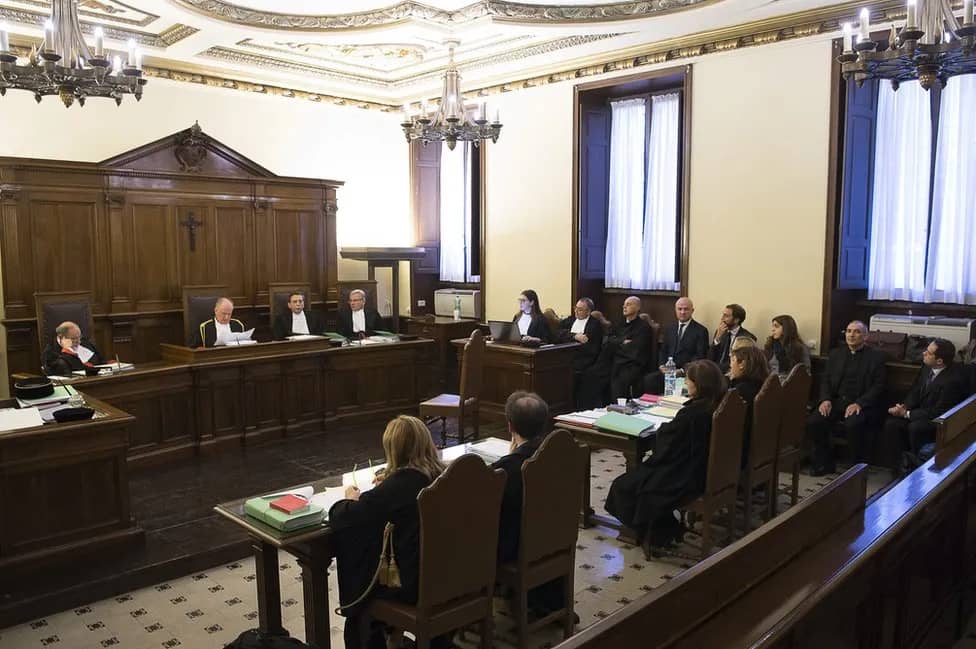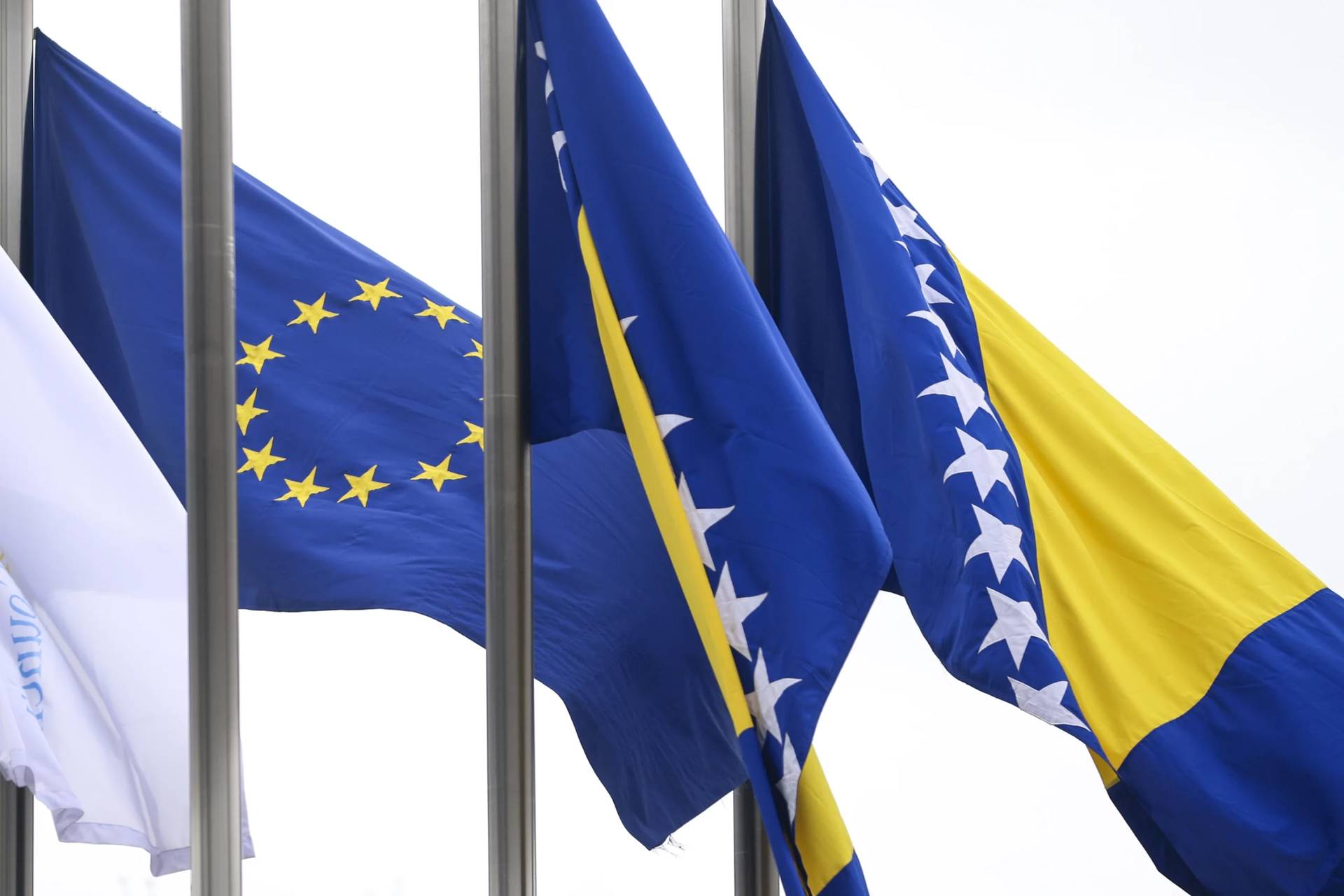ROME – Being a follower of Christ does not mean being curious about who he was or craving religious news, Pope Francis said on Saturday during the Mass for the Solemnity of Saints Peter and Paul. Jesus, he said, is not interested in polls, nor is he looking for “front page” Christians.
“We may be curious about Jesus, or interested in church matters or religious news,” Francis said. “We may open computer sites and the papers, and talk about holy things.”
Yet, he asked, is this done to be up-to-date with what people are saying?
“Jesus does not care about polls or past history,” the pope said. “He is not looking for religion editors, much less ‘front page’ Christians. He is looking for witnesses who say to him each day: ‘Lord, you are my life’.”
The pontiff’s words came during his homily in St. Peter’s Basilica. During the ceremony, he handed the pallium, a small wool white garment that goes around the neck and down to the chest – to the 31 Metropolitan Archbishops he created during the past year. The list includes Archbishop Wilton Gregory, recently transferred to Washington D.C. from Atlanta.
When the archbishops go back home, the papal representative in the countries where they minister will actually impose the wool garment on the archbishop.
“The pallium reminds the sheep that the shepherd is called to bear him on his shoulders,” Francis said towards the end of his homily. “It is a sign that the shepherds do not live for themselves but for the sheep. It is a sign that, in order to possess life, we have to lose it, give it away.”
RELATED: Melbourne archbishop: Abuse crisis, upcoming plenary council dominated ‘ad limina’
Francis invited those gathered to pray so that they receive the grace not to be “lukewarm Christians living by half measures, allowing our love to grow cold. Let us rediscover who we truly are through a daily relationship with Jesus and through the power of his forgiveness.”
Known for having strong words for the clergy — last year, he told the new archbishops not to be “armchair apostles” — Francis didn’t focus on the prelates this year, but on Peter and Paul: “Witnesses to life, witnesses to forgiveness and witnesses to Jesus.”
Peter, the first pope, is also the man who denied Jesus three times the night before he was crucified. Paul, on the other hand, persecuted the Church of God before being called to follow Jesus.
“If we go to the heart of that testimony, we can see them as witnesses to life, witnesses to forgiveness and witnesses to Jesus,” Francis said of the two saints, who also serve as the patrons of the Diocese of Rome.
Despite the mistakes they made, the pope said, “Jesus called them by name and changed their lives,” placing his trust in them, “in one who denied him and one who persecuted his followers, in two repentant sinners.”
According to Francis, one might ask why Jesus chose them instead of two witnesses of utter integrity, such as the apostles John and Barnabas. This choice too, he said, was a teaching: “The starting point of the Christian life is not our worthiness; in fact, the Lord was able to accomplish little with those who thought they were good and decent.”
It’s not those who consider themselves righteous that God uses to work miracles, but those who know themselves to be in need.
“He is not attracted by our goodness; that is not why he loves us,” Francis said of God. “He loves us just as we are; he is looking for people who are not self-sufficient, but ready to open their hearts to him.”
Humanly, Peter and Paul failed, the pope noted. Yet they encountered a life that was greater than their failures and a forgiveness that was enough to heal their guilt.
Speaking about what it is to be a witness to Jesus, the pope said that Christ is not the past but the “present and future.” He’s not some distant historical character to be remembered, but “a living person: He is newness, not things we have already seen, the newness of the future and not a memory from the past.”
Also present during the liturgy was a delegation from the Ecumenical Patriarchate of Constantinople. Each year, the Ecumenical Patriarchate and the Vatican send delegations for the feasts of their respective patrons. The Vatican sends a delegation to Istanbul on the November 30 feast of St. Andrew, the patron of the Patriarchate.
“Your presence reminds us that we can spare no effort also in the journey towards full unity among believers, in communion at every level,” the pope told the Patriarchate’s delegation. “For together, reconciled to God and having forgiven one another, we are called to bear witness to Jesus by our lives.”
Follow Inés San Martín on Twitter: @inesanma
Crux is dedicated to smart, wired and independent reporting on the Vatican and worldwide Catholic Church. That kind of reporting doesn’t come cheap, and we need your support. You can help Crux by giving a small amount monthly, or with a onetime gift. Please remember, Crux is a for-profit organization, so contributions are not tax-deductible.

















